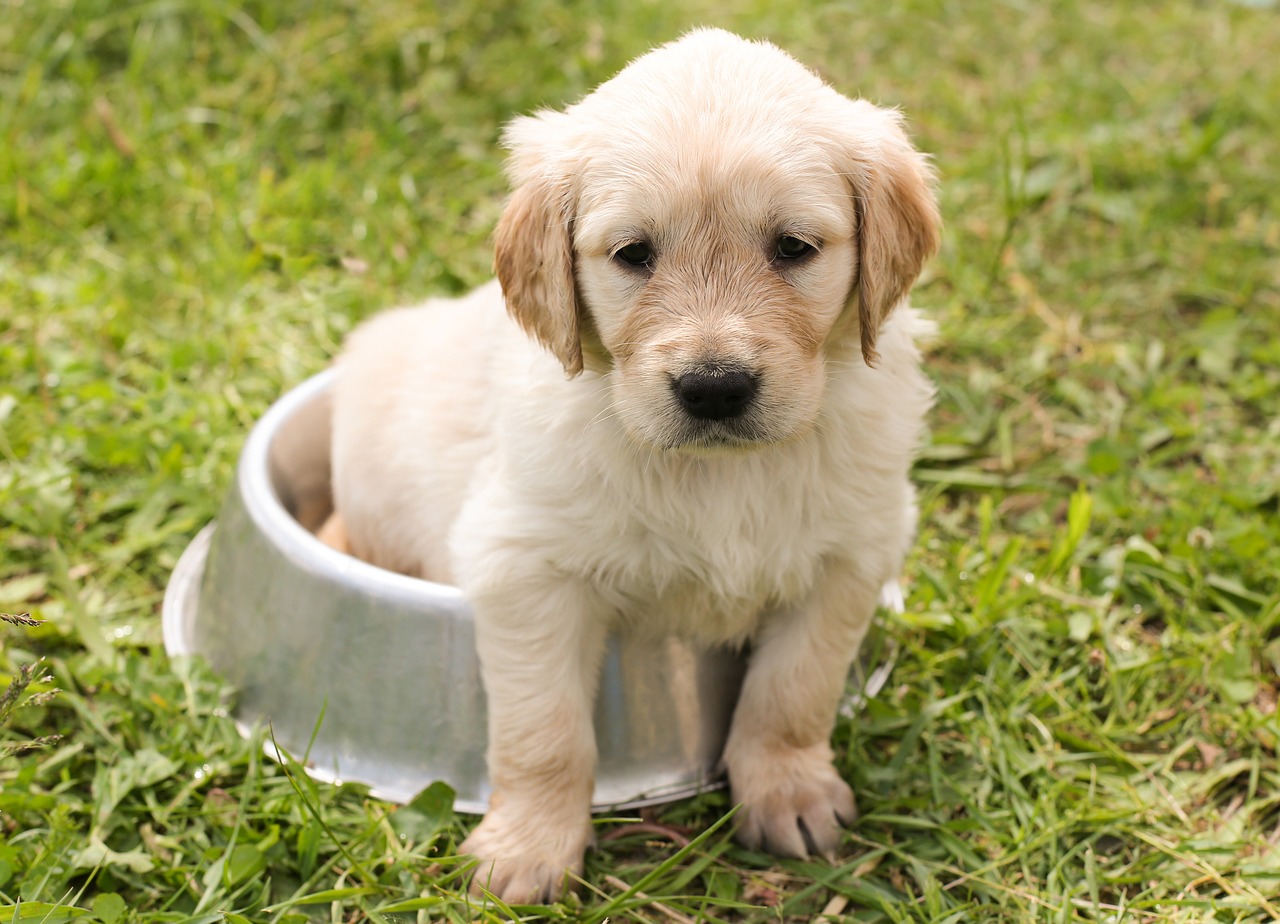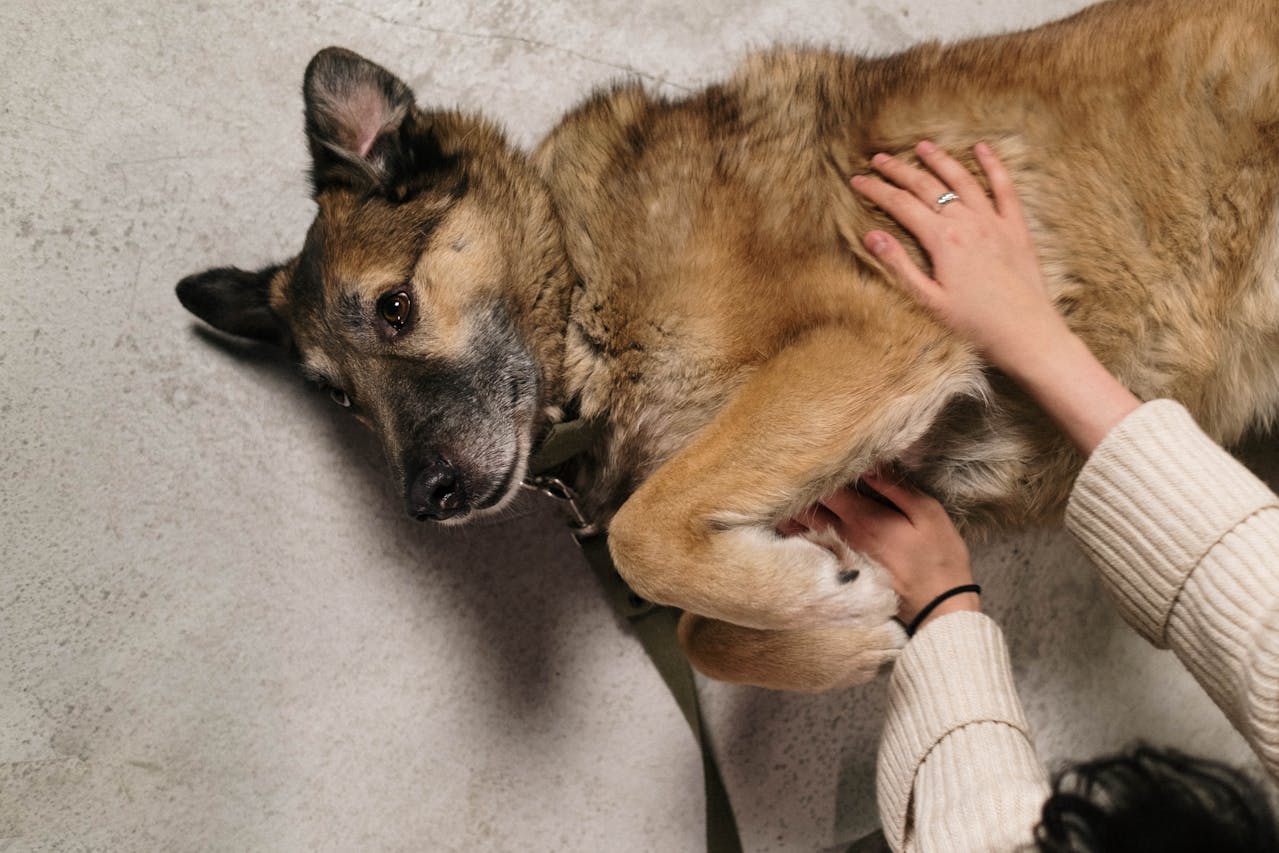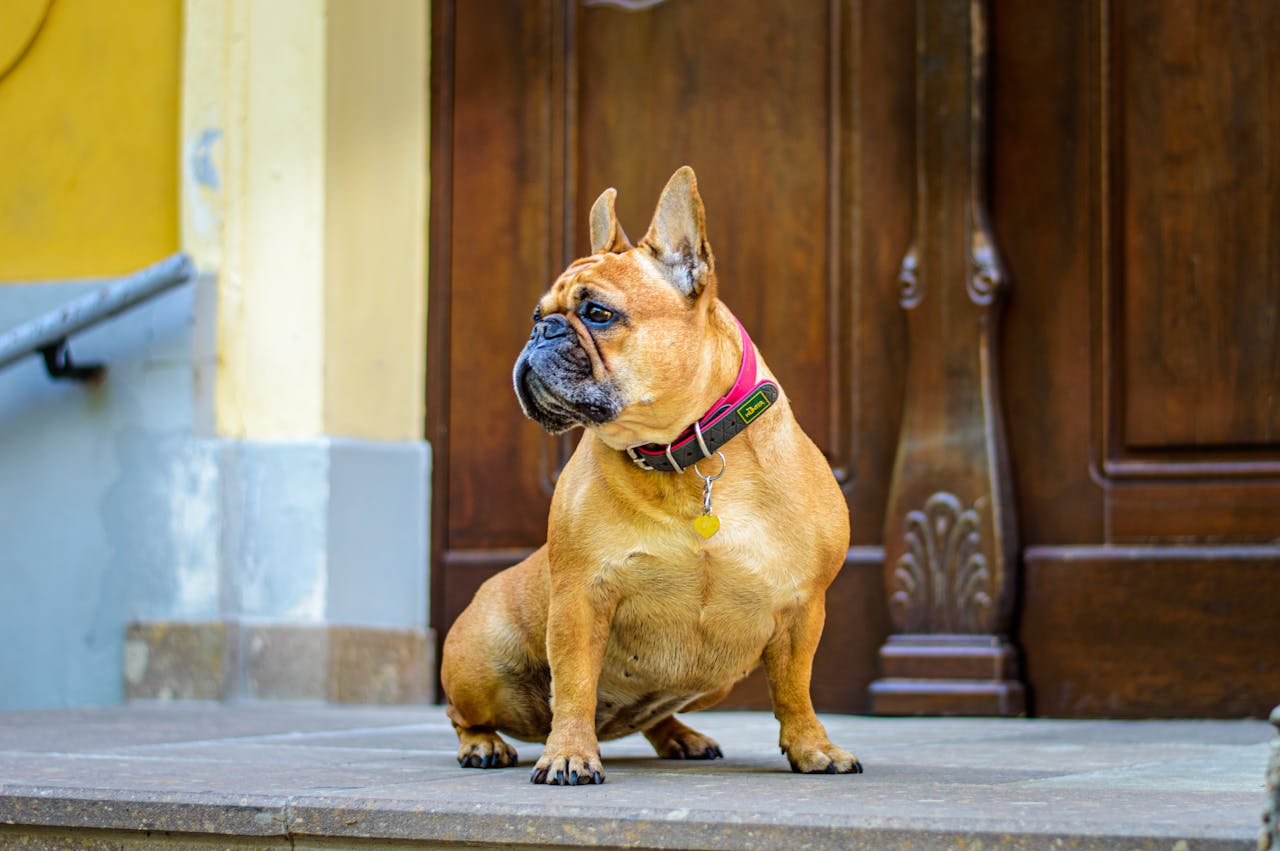10 Reasons Your Dog Might Have Diarrhea: When to Be Concerned

Let’s break it down.
Dogs and Diarrhea: The Basics
If your dog has diarrhea, you’ve probably already noticed the signs: loose, watery stools and more frequent bathroom trips. This can happen suddenly and might last anywhere from a day to a few weeks.
If it persists beyond a day, dehydration becomes a concern. Diarrhea lasting longer could point to a more severe health issue that needs addressing.
So, why might your dog have diarrhea? Here are 10 common reasons:
Change in Food
Switching your dog’s kibble too quickly can upset their stomach, leading to diarrhea. When changing your dog’s diet, it’s best to do it gradually over a week. Start by slowly mixing in the new food, increasing the amount each day.
Eating Spoiled Food
Dogs are curious eaters and might get into the trash or table scraps. Vets often call this “garbage gut.” Most of the time, it’s not serious, but depending on what your dog eats, they could develop pancreatitis. This more severe condition requires medical attention.
Bacterial or Viral Infections
Raw or poorly cooked meat and decayed vegetables can carry bacteria that upset your dog’s stomach. Your dog could also catch infections from other dogs. Symptoms often include diarrhea with mucus or blood.
Viral diseases like parvovirus (especially in puppies), distemper, or other rotaviruses can also lead to severe diarrhea, along with vomiting, lethargy, and fever. These are serious and require immediate veterinary care.
Intestinal Parasites
Parasites like Giardia are commonly found in contaminated water or animal stool. If your dog drinks from puddles or ponds, they could ingest these parasites. Diarrhea from parasites is often greasy or frothy and has a strong odor. A vet can help treat this with medication.
Ingesting Toxic Substances
If your dog consumes something toxic—like certain plants (daffodils, ivy), mushrooms, or even household items (sunscreen, medications)—diarrhea is often one of the first signs. Other symptoms can include vomiting, lethargy, or trouble breathing. If you suspect poisoning, contact your vet immediately.
Allergic Reactions
Diarrhea can also be a sign of an allergic reaction. Other signs include runny eyes, sneezing, itchy skin, or constant licking and scratching. If you notice these symptoms, your vet can help identify the allergen and recommend treatment.
Swallowed a Foreign Object
Dogs are known to chew on things they shouldn’t—like toys, socks, or even random objects from the yard. If your dog swallows something that gets stuck, it can cause a blockage, leading to diarrhea. Other signs to watch for include vomiting, belly pain, or lack of appetite. This is a serious issue and should be checked out by your vet right away.
Irritable Bowel Disease (IBD)
IBD happens when your dog’s intestines become chronically inflamed. The exact cause isn’t known, but diarrhea and weight loss are common symptoms. Your vet can diagnose and create a treatment plan to manage the condition.
Medication Side Effects
Some medications can upset your dog’s stomach and cause diarrhea. Common culprits include pain relievers like NSAIDs. If you suspect the medication is causing issues, talk to your vet about adjusting the dosage or switching prescriptions.
Kidney or Liver Disease
Diarrhea is a common symptom of more serious issues like kidney or liver disease. These conditions often occur due to aging, infections, toxins, or even cancer. Suppose you notice diarrhea alongside other symptoms like weight loss, vomiting, or a change in urination. In that case, it’s time to consult your vet.
When Should You Worry?
While diarrhea can be caused by minor issues like a change in diet, it can also be a sign of something more serious. If it lasts for more than a day or two, or if your dog shows other symptoms like vomiting, lethargy, or blood in their stool, it’s important to see a vet. Getting the proper treatment early can prevent more serious health problems down the road.
Get insurance plans with wide-ranging coverage options













